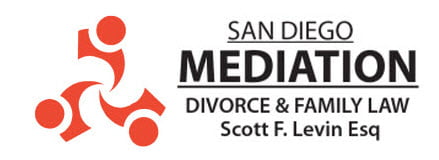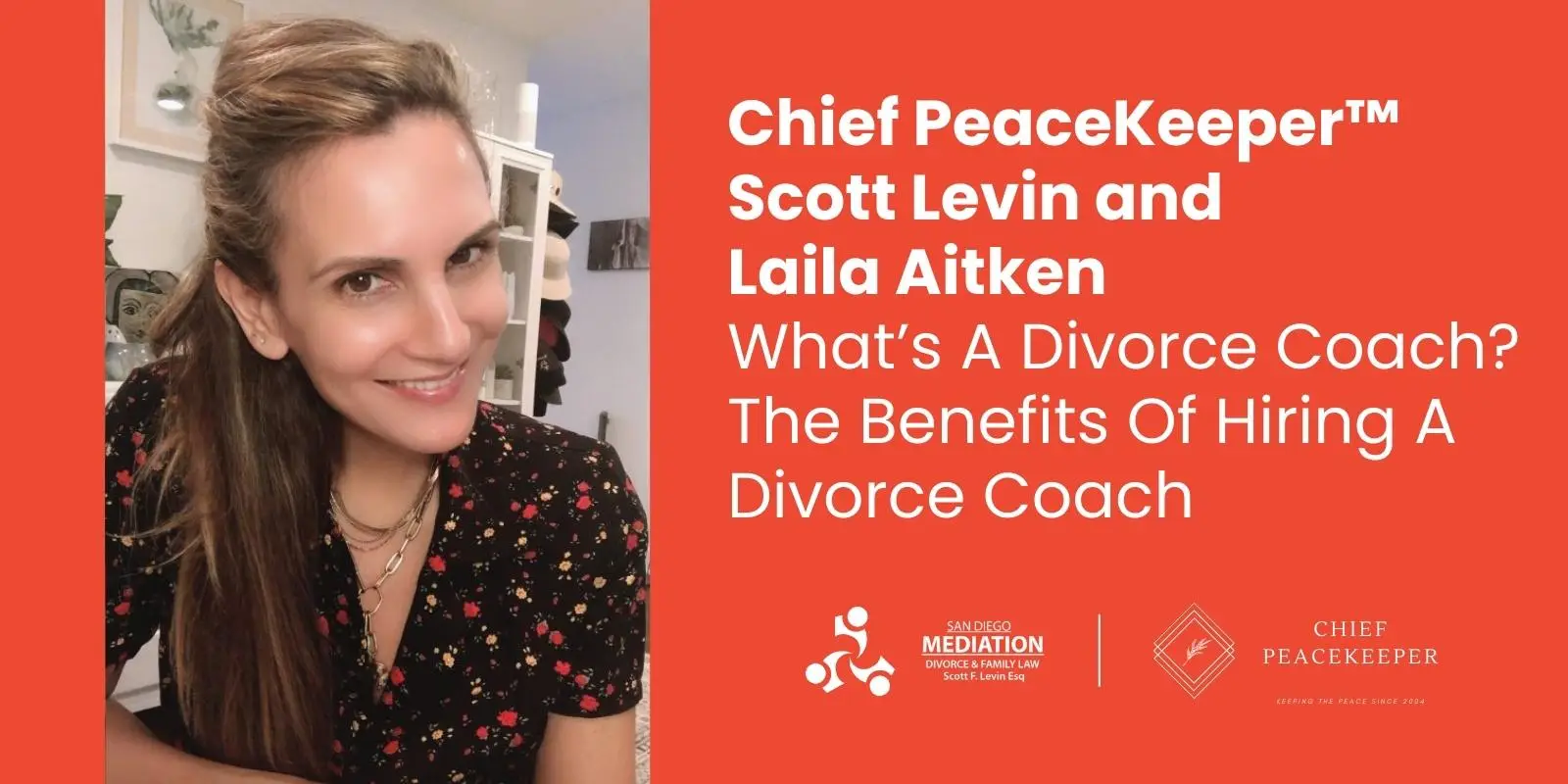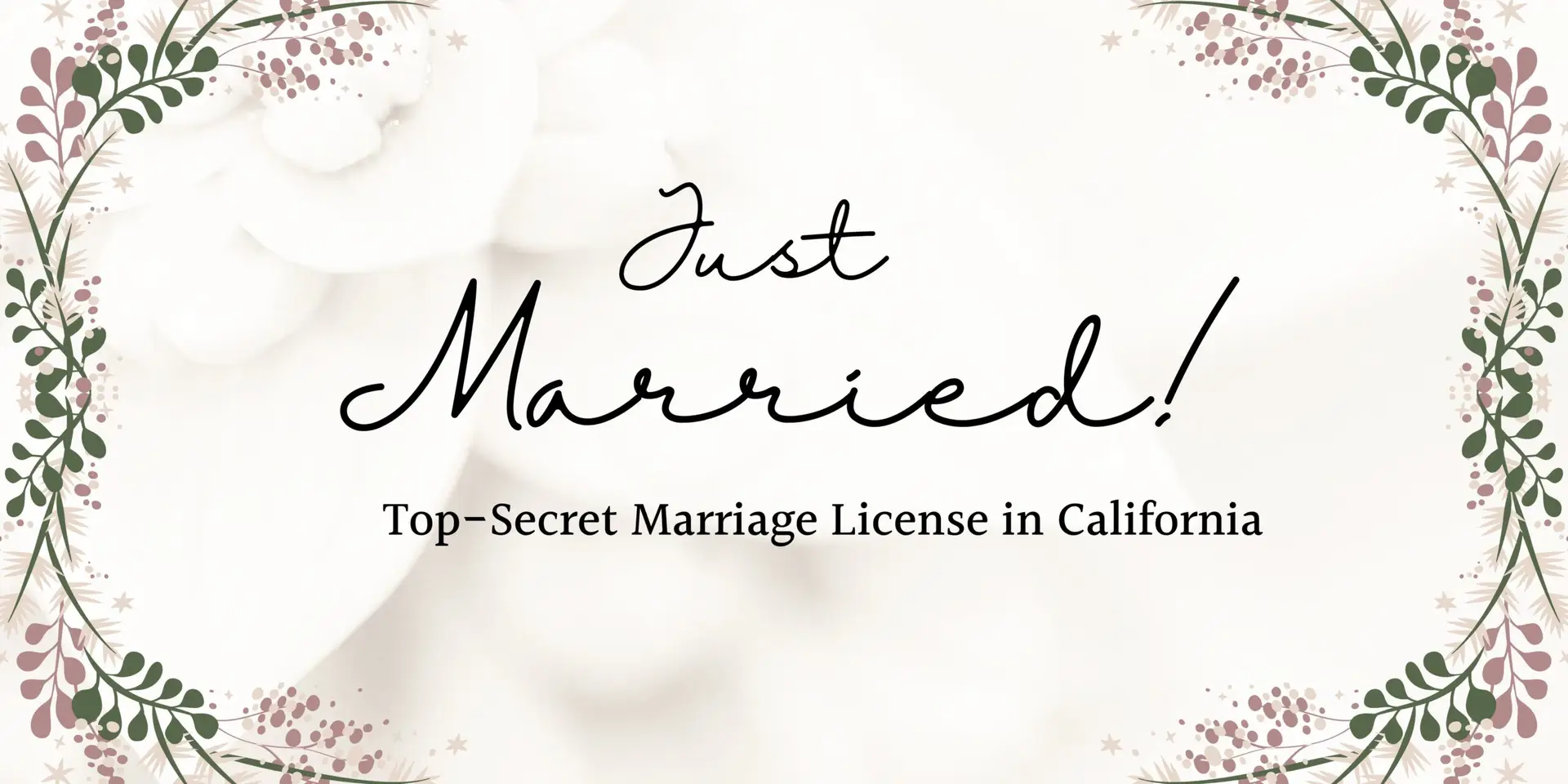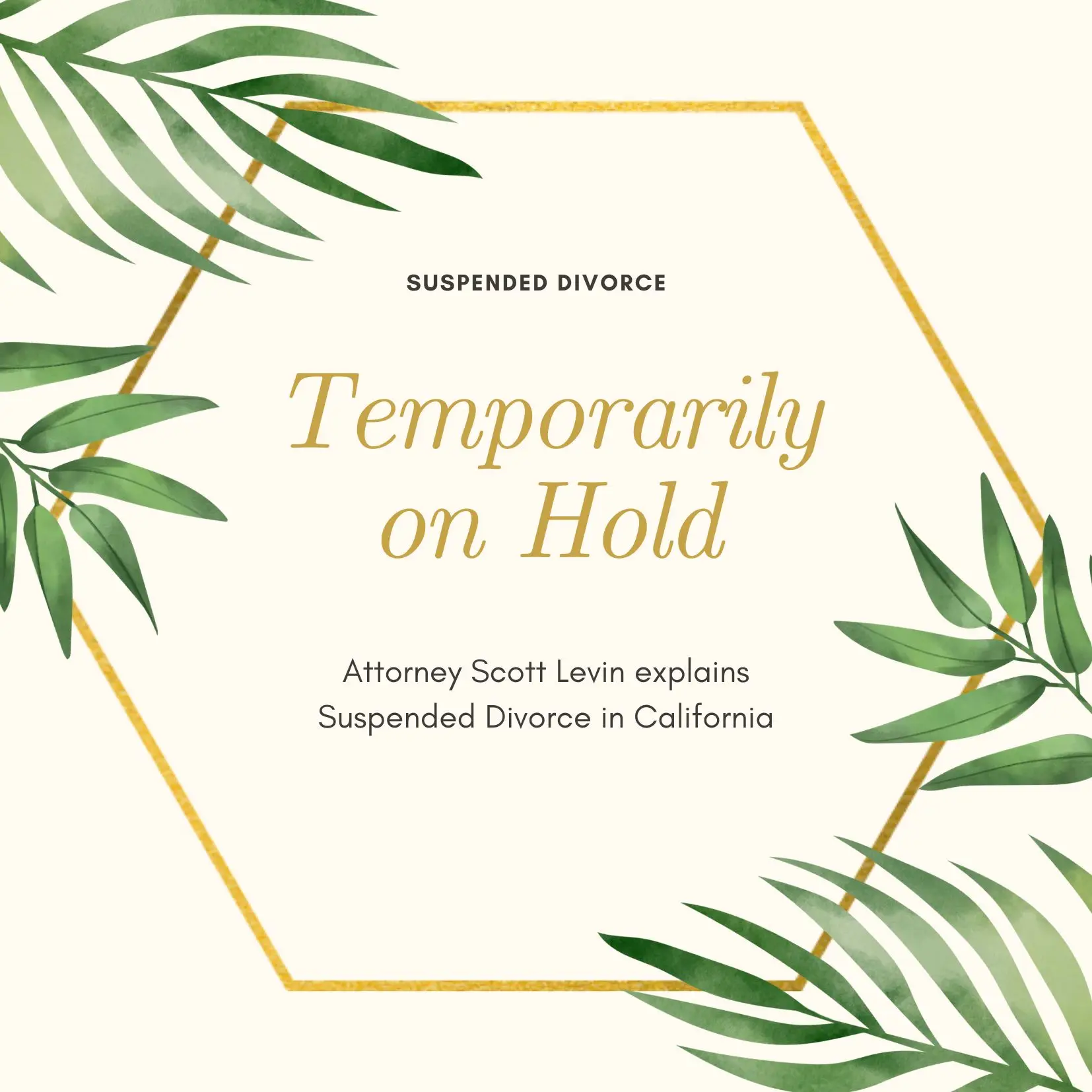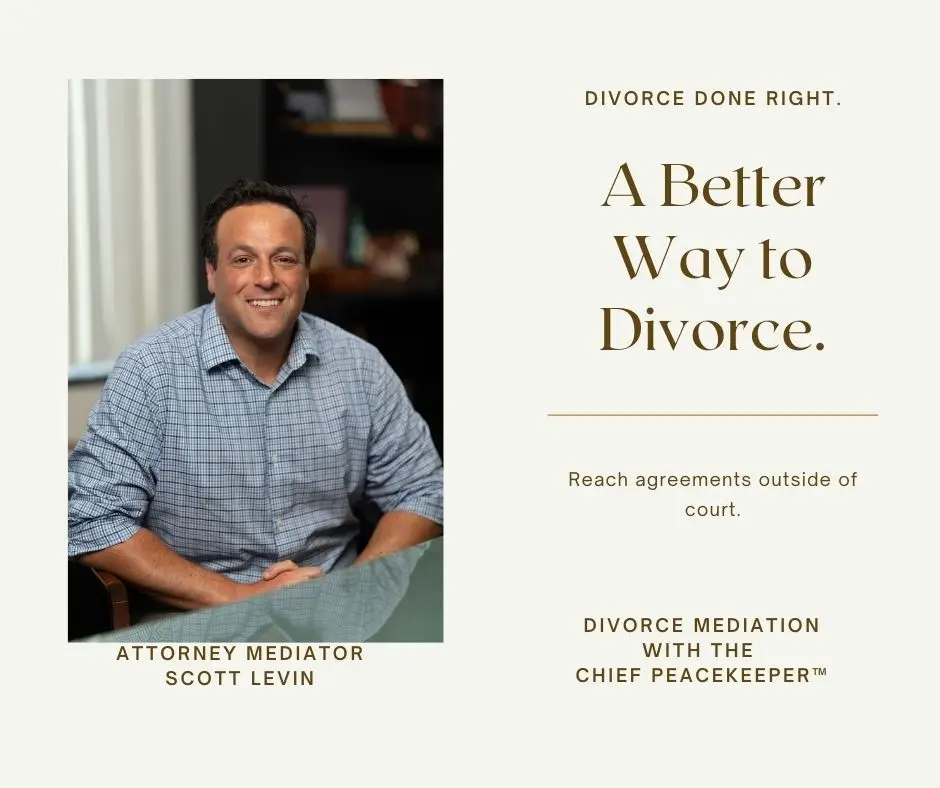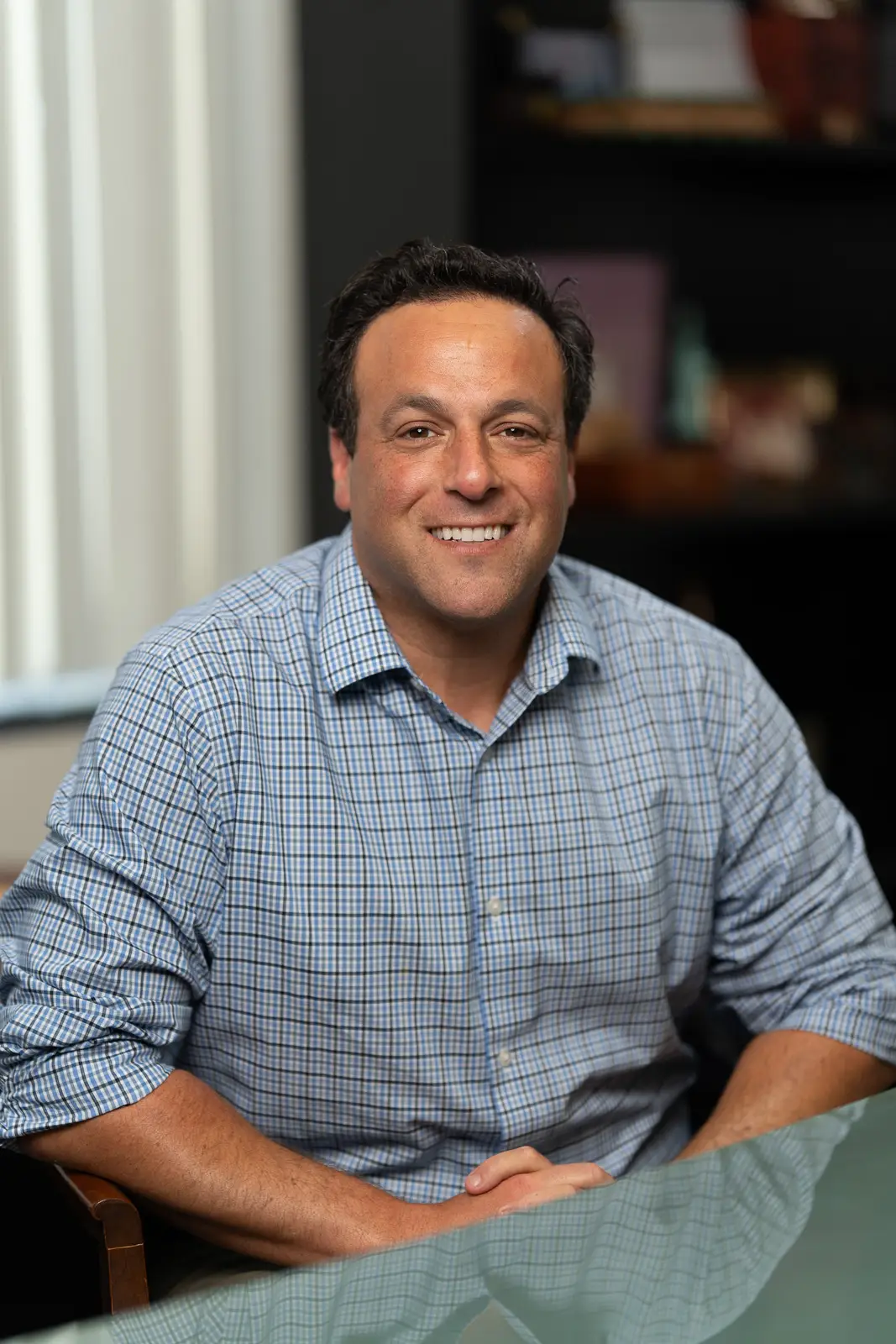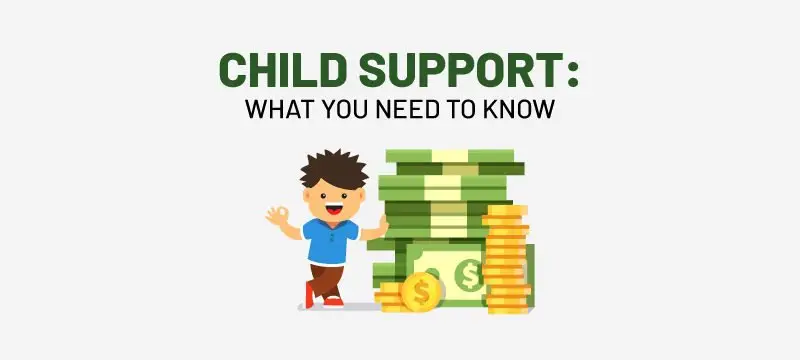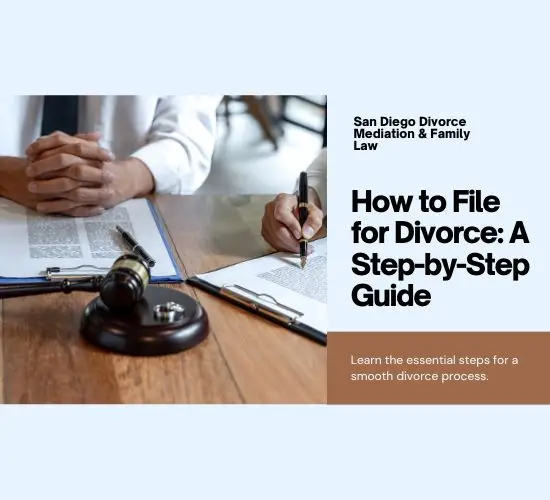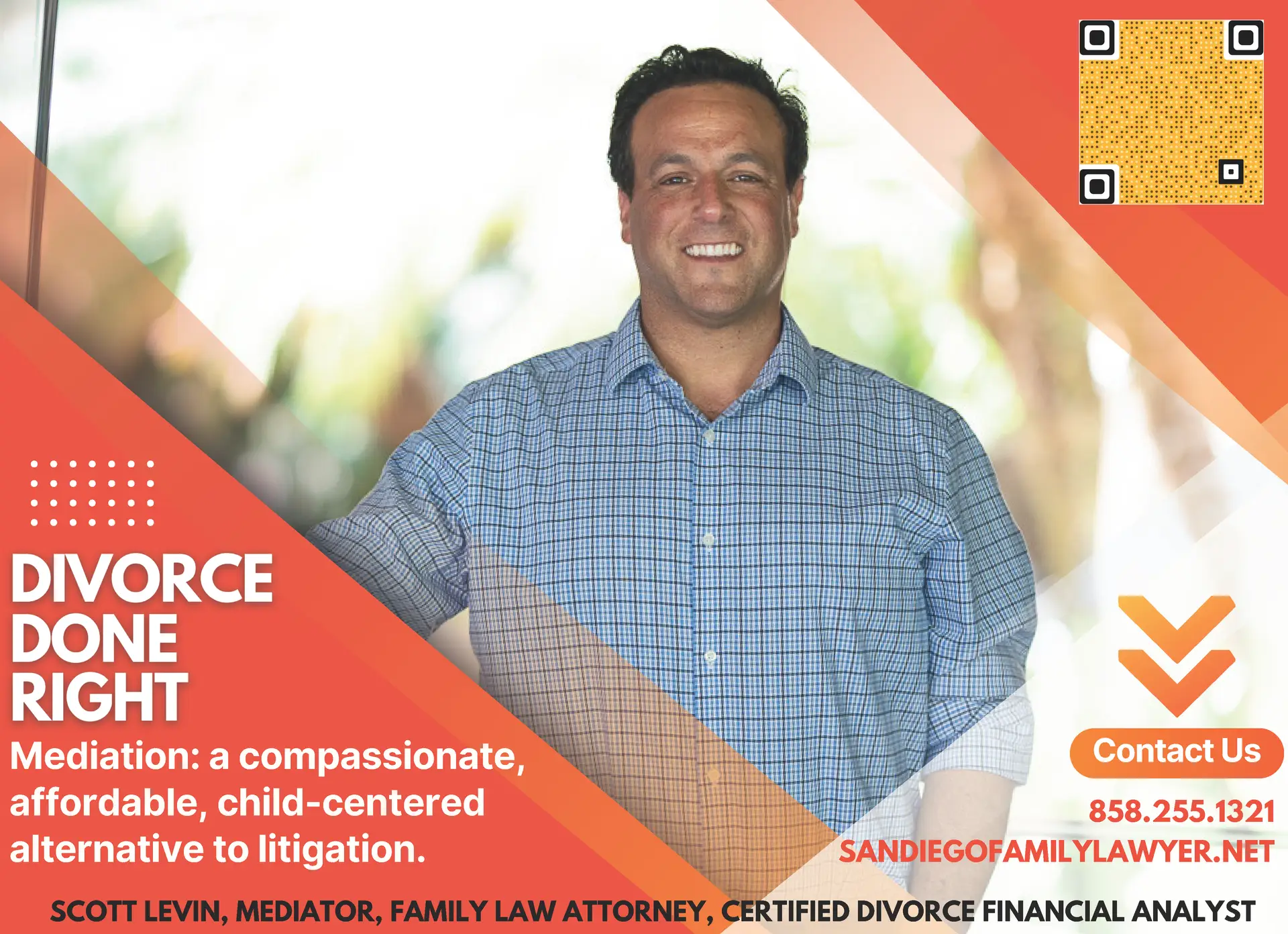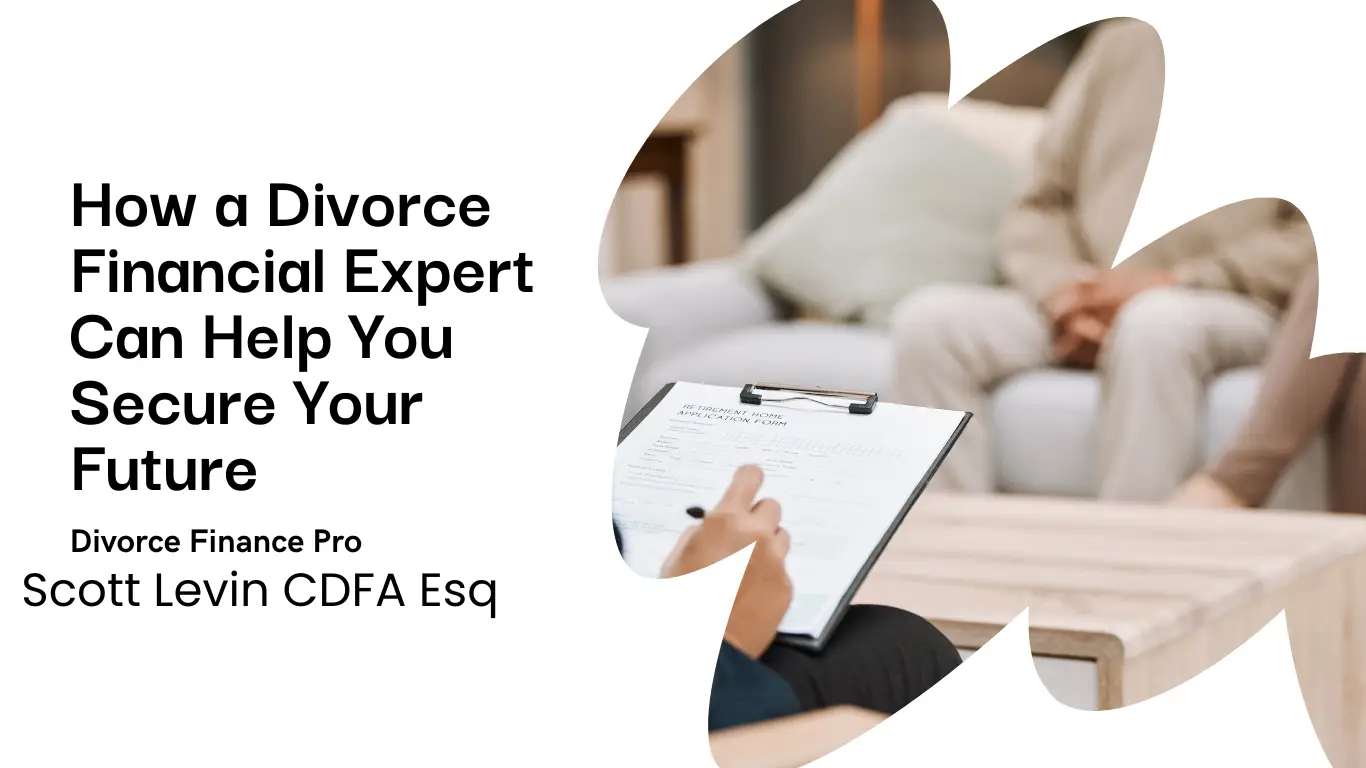Sit down with Laila Aitken, Divorce Coach, to discuss what a divorce coach does and how this coaching can help anyone going through divorce.
Chief PeaceKeeper™ Scott Levin 0:01
Hey everybody, this is Scott Levin chief peacekeeper™ and I’m here today with a good friend of mine, Layla. Akin, Ali. How are you doing Laila? I’m good. How are you? Scott? I’m doing fantastic. So where are you today, because my guest is one of the best, or leading certified divorce coaches in Southern California. She’s also a co-founder of the split, FYI, which is a really intriguing and growing community really focused on, you know, divorce and helping people through the process. So we’re going to talk about that a little bit. But the main topic that I kind of wanted to start with friends is, people always ask me, you know, coaching divorce Coach, what is it? Do I need it? How can it help me, help me sell the values that you bring because I’ve seen the work that’s produced from coaching? And it’s, it’s hugely, it’s hugely powerful on the clients that receive it, that are going through a divorce, they’re able to, you know, focus, you know, better themselves, forgive at times, you know, move forward, you know, more effectively. So, I mean, those are just some of my thoughts. Tell me what you think.
Laila Aitken Ali, Certified Divorce Coach 1:24
Yeah. I mean, I, I second, all of everything you just said, because I think that it is something that people don’t understand the importance of because the last thing you’re going to be thinking of when you’re going through something like divorce or separation, right? The first thing people always think of, and we had that conversation last time is lawyer, lawyer, a lawyer up, mediator, therapist, right. So and I’m not undermining any of those three very important, right aspects of the divorce and separation. Coach. So I look at it as this. There’s a couple of things I remember when I was going through my own divorce at the time I was pregnant. So why I correlate this with a doula is because I was pregnant. So I remember going through pregnancy, it’s my first time, I don’t know what I’m doing on how to get through your emotions. You second guess yourself, as a parent, as a mom, can I do the right thing? Am I going to do the right thing? And a doula really sets you at ease, understands all those emotions, doesn’t make you feel bad about them doesn’t make you feel crazy, it kind of helps you through the process, right. And that’s on an emotional level. And that’s also an understanding of, you know, what you’re going through is real, what you’re feeling is so real. So we don’t want to push it under the carpet. We’re going to address it, but we’re going to help you feel better about your role as a parent. And that’s what a doula does. So it’s a combination. And then I was also a pretty sporty person. So I remember having coached in my life, right. So I played lacrosse, and I played basketball. Those are my two sports. And I remember, when I started playing basketball, I always felt like, my skill set was 100%. All the guys in the neighborhood were like, super good. I was trying to keep up with them, including my brother, and it wasn’t working. And I remember you know, that coach is there to make you feel good. Okay, about wherever you’re at, they meet you where you’re at, and they try to give you the skill sets to get to the next level, right? help you remember to practice help you remember to think positively because we are always self-deprecating or beat ourselves up about crap, I should have scored that crap, I should have done that three-pointer. Why can I get this? You know, our self-talk is pretty negative when we’re going through those things. So it’s like a coach kind of steers you in the right positive direction. And for me, that was what always what a coach was. And so everybody knows what a sports coach is. Right? Right. Everybody gets it. Right. And, and we know what a sports coach can do because it’s kind of tangible. So you can see that your skill sets are getting better. All of a sudden, you’re making those three-pointers, all of a sudden, you’re scoring higher in a game, and all of a sudden your team’s winning. So then the people get what a coach’s role is in sports. But they don’t they can’t understand it. Because it’s not so tangible. When you’re going through something super difficult, right? Like every little win is wit. I mean, yeah, I know we had this conversation last time. It’s like, let’s take down communication. One of the hardest things in divorce is communication. Right? Okay, so, and I wish I had somebody along the way to help Charlie media cheerleading me on and saying, Hey, wait a minute. Look at how you used to write your emails. And look at how you were reading them. No, it was like, at the end of the whole 10-year saga. Wow, look how good you got it that right. It’s kind of like I have to do it for myself, but it was pretty hard and it was long. Right? Whereas if you had somebody going, wait a minute? Do you just see how you handle that? Because we don’t even realize that we handle it in an improper way? Or encourages you just maybe, say it a little differently? Or think a little bit differently when you’re approaching adversity or something that’s really tough. Totally,
Chief PeaceKeeper™ Scott Levin 5:19
no. And I think I think exactly what you said is that we all see it in sports, you know, youth sports, the way you get better to go into classes go into coaching. But you know, as you get older, there’s coaching in life. And this is one example of that coaching. Because, you know, shoot, we were just talking before we Layla and I were just talking before we started recording about, you know, I was driving my kids and my kids were, you know, saying something like, you know, kind of like struggling with something this morning, and I’m thinking, well help me I’m struggling. Number 35 years old was in here so that we can, you don’t have to carry that along. And, and at a time during the divorce process those things if you don’t, if you don’t address them, and try to get positivity flowing, you know, they could really drag you down into the fight, which is, you know, not where you want to be.
Laila Aitken Ali, Certified Divorce Coach 6:19
It’s also in it’s not just the fight that it drags you into, it’s the insecurities and you’re really stuck, really hard to make the best decisions for yourself. Really, when you’re coming from a place of fear or anger, or frustration, you’re just not thinking clearly. And this is the time that you need to make the best decisions for yourself. Now, a lawyer, a mediator, all of them super essential therapist totally helps with the emotional side, you know, figuring out why it is that you’re attracting certain things. Why it is that what is it that is triggering you? What is it in your past, you correlate with it, you know, that is essential as well. But with a coach, it’s not about that it’s not let’s not go back into your past. Let’s just think about it from now. What you need, what skills you need, and I honestly say communication is the number one skill, right? If I’m going to break it down, because it goes into different levels, it’s not just communicating with your ex, it’s communicating with your lawyer, your mediator, it’s communicating with the people around you. You know, it’s also setting the boundaries, because everybody comes in and wants to give their unsolicited advice. Everybody wants to tell you what to do. You know, everybody’s coming at you all at once. And it’s so overwhelming that you how do you decipher what you want and stay on track? So that you do what you need to do? And do what is best for your children? Right? But number one, it’s like, Okay, wait a minute, if you’ve got children, in this case, then how are you being the best for them?
Chief PeaceKeeper™ Scott Levin 7:53
right to be the quarterback, you have to be the coach, you have to be in control. Right? And it’s hard to be in control, because it’s easier to just give it up like, Oh, I can’t fill out that form. It looks scary. Right? You know, I can’t, you know, I can’t do that I can’t get on my bank. You know, my finances. I’ve never I don’t know, I’m gonna just pay someone to do it.
Laila Aitken Ali, Certified Divorce Coach 8:15
Well, well, there’s, there’s a lot of I want to, you know, bury my head in the sand. I want it to go away. I mean, I think I use that phrase. So many times, it’s like, I just want to go into a cave and make it all go away. You know, of course, I wish there was a magic wand that everything could go away the pain, the hurt the grief. But to be honest with you, if you don’t feel those fields, and if you don’t learn from them, they’re going to show up again, somehow, some way. They really are. And it’s the hardest. I know, it’s hard to do all at once. So that’s why it’s really important. Also, as I’m coaching somebody, and this is what coaches do, it allows you to kind of break it up and allows you It gives you permission to be like, Okay, let me work on this. When I can not that it’s all-consuming and it’s all my whole life is being taken over by this. No, just like, you know, any kind of thing that you’re bettering yourself with, you can’t be doing it 24 hours, you know, you’ve got to give yourself that break. You’ve got to give yourself that that time to allocate that time. And also having somebody there to kind of remind you, that you’re doing okay, and you actually don’t coach, the coaching, right? It’s essential that you have somebody there, if it’s not a coach, it’s somebody who’s objective enough to be that person for you. That’s not in the rain with you. Right? Right. And that is really what’s important. Because as much as I care for all the people that I coach, I care for them a great deal. I feel for that, like I get it, I know what they’re feeling. I know exactly what they’re thinking. Because I thought all those I felt all those. So that gives me that peace of compassion and understanding and you know, empathy but I’m not going to go in the ring with them, because that will defeat the purpose, right? I’ve got to give them those skill texts. Sometimes it’s hard. Sometimes I’m tough, like, coaches are tough sometimes, right? I’m not gonna sit there and only hold their hand and be there for them. Of course, I love that space for them to cry to them to process, it’s important that they do that, but are, how do we get to that level where you’re not feeling those or you’re not overwhelmed and taken over? by an access email or a lawyer email? or something? a mediator might have said that you interpreted it in a very different way. I mean, how many times we did talk about this last night? Oh, that’s huge. Oh, the mediators on the other side, my exercise, you know, how are you feeling that? How is that possible? Are you being triggered by something that the mediator saying that makes you feel that he’s on the other person’s side? Or she’s on the other person’s side? Right? It’s, it’s getting them out of this headspace, that they’re putting on a lot of their triggers in their they are their own thought process. And getting to the reality of the situation at hand
Chief PeaceKeeper™ Scott Levin 11:05
is huge. Well, thank you so much for the brief introduction. I’m sure we could go on and on. But I just want to so you know, I’m going to put in the description. I’m going to introduce the split, FYI, community, and I’ll put it on links there. And everyone checks that out because it’s really pretty amazing. And thank you so much, Laila, for coming on. Yeah. You know, I’ll also put links to people who can find you directly.
Laila Aitken Ali, Certified Divorce Coach 11:33
Fantastic. Yeah. Again, please. We got a lot to talk about. All right. Thank you. I’ll see you soon. Thank you.
Transcribed by https://otter.ai
